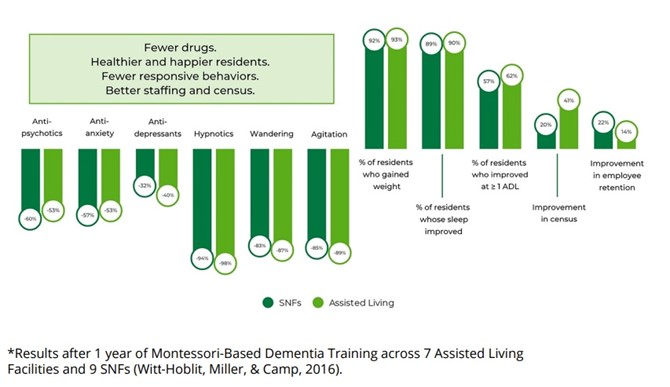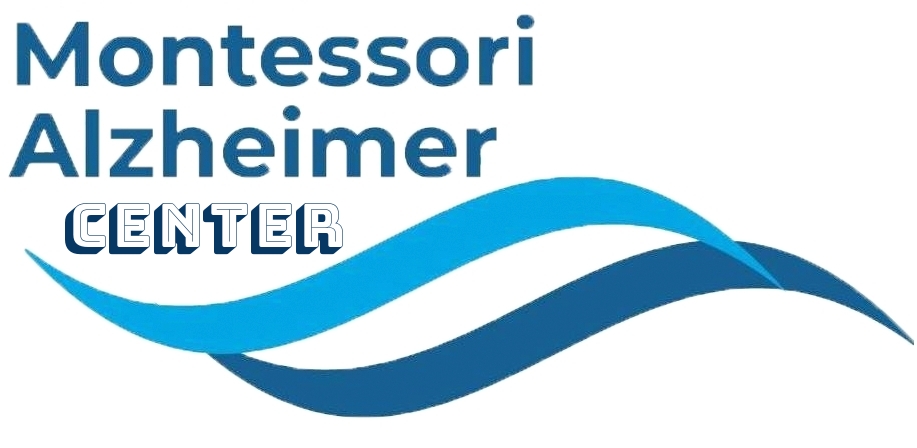
The Alzheimer Society of Canada published a recent study on Alzheimer’s that is quite disturbing. In Canada, Alzheimer’s disease will affect one million people by 2030. That’s an alarming increase of seniors with dementia and it highlights the importance of adapting care for them.
At present, no prevention program is offered.
A health care system that is not ready for the arrival of baby boomers
The aging population and the arrival of baby boomers in the health care system or in seniors’ residences will have a huge impact. Cognitive disorders often require long term care.
Unfortunately, this is not good news for the current system that has shown a tendency to medicate patients and overload its health care staff.
The importance of caregivers with the rise in Alzheimer’s cases
The already weakened health system is unlikely to support demand. The importance of caregivers will be marked. Caregivers will have the power to improve the lives of their loved ones suffering from dementia.
Training caregivers of seniors with Alzheimer’s, cognitive impairment and dementia
The Montessori Alzheimer Center supports the caregivers of today and tomorrow. They teach an approach that is based on respect, dignity and equality.
The role of the caregiver can be extremely difficult psychologically, financially and physically. It’s a role that is often taken on without really understanding it. It can be overwhelming. In many cases, no training is offered and caregivers must learn on the job even as the disease progresses.
These caregivers are taken for granted by the current health care system.
The wonderful news is that there are ways to make this role more rewarding and less demanding.
The Montessori Alzheimer Center is doing just that by offering training programs in the Montessori Method Adapted for the Cognitively Impaired.
Rethinking the residence for seniors suffering from dementia… and it’s pressing!
Among other benefits, the adapted Montessori approach to neurodegenerative disease improves the working conditions of caregivers. Management and staff in seniors’ residences and long-term care centres (LTC’s) would do well to learn how to apply the Montessori principles.
By focusing on preserved capacities, staff learn to encourage residents to perform certain tasks on their own. This reduces the number of tasks that must be done for them.
It can also reduce disruptive behaviors, increase the residents’ sense of accomplishment and maximize their autonomy.
The Montessori method adapted for the cognitively impaired is scientifically proven to work but it does require some reform in care settings.
Transforming the care environment into a living environment for seniors with cognitive impairment
Being able to live fully should have no age limit. For the well-being of staff, residents and others who interact with affected persons, changes are necessary.
Managers who are motivated to make the necessary changes in their living environment will reap the rewards.
Changes need to be made now to handle tomorrow’s requirements. The changes to the care environment begins with certified training – the kind of training that will improve the quality of human relations in a seniors’ residence.
The professionals at the Montessori Alzheimer Center are available to participate in health care reform. As a health professional or manager of a LTC or Assisted Living Facility, you and your staff can register for training in the Montessori approach. Or you can go further to become a Montessori Inspired Lifestyle® credentialed residence.
The Montessori Inspired Lifestyle® is an evidence-based approach to person-centered care and is the central philosophy behind everything we do at the Montessori Alzheimer Center.
It is the perfect platform for your community to build a highly acclaimed memory care program that fits your organization’s identity .







